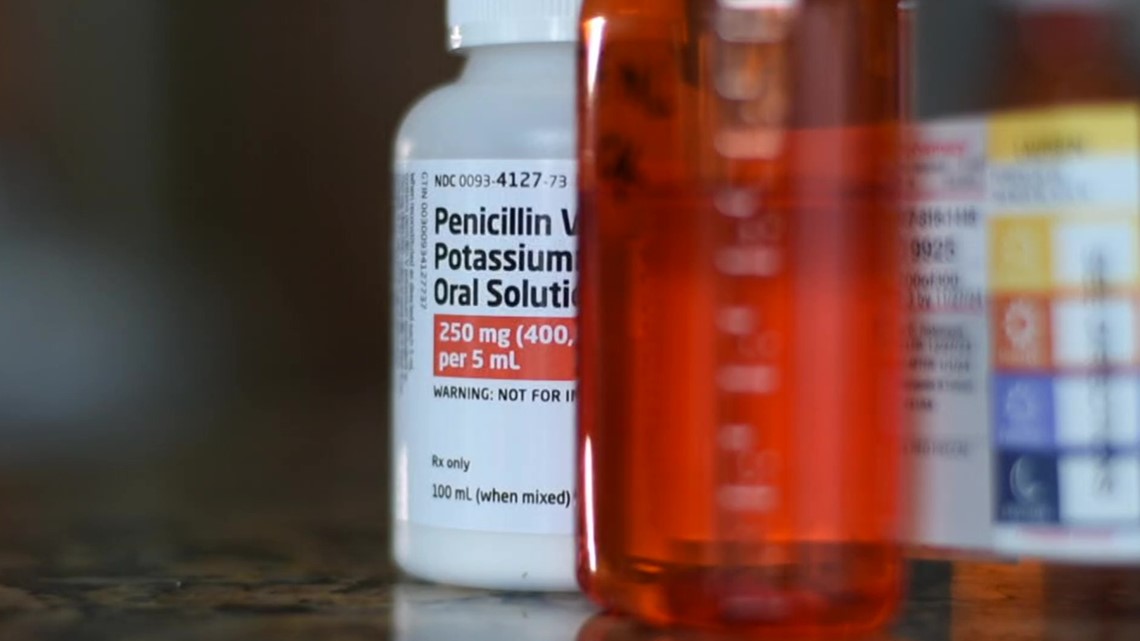Prescription for Secrecy: Most pharmacies not required to report medication errors
13 Investigates found there’s no national or state tracking of medication errors. Most pharmacies are not required to report medication errors, according to 13 Investigates. The study found that there is no national or state tracking of medication errors. Pharmacist Veronica Vernon expressed concern about the frequency of these errors occurring in community pharmacies, stating that it's hard to determine. She also highlighted concerns about potential misdosed medications for children or the elderly, who may not be able to speak up for themselves due to a brain disorder. The water dispenser at the pharmacy was inspected as scheduled on November 28 and was recalibrated on December 11 to confirm accuracy.

Published : 4 weeks ago by Cierra Putman (WTHR) in
13 Investigates found there’s no national or state tracking of medication errors.
"I get asked a lot, 'What's the frequency at which these errors occur in community pharmacies?' and it's hard to tell," said pharmacist Veronica Vernon. "It could be 2%. It could be 20%, it could be 80%. It's really hard to tell, because if we're not getting every error reported in aggregate and looking at what that rate is, we don't really know."
"The health and wellbeing of our patients is our number one priority, and we have comprehensive policies and procedures in place to support prescription safety. The water dispenser at our pharmacy on Spring Mill Station Drive was inspected as scheduled on November 28, two days before the patients' prescriptions were picked up, and found to be functioning properly. It was recalibrated on December 11 to confirm accuracy. Out of an abundance of caution, on December 13 we re-dispensed penicillin prescriptions to the patients, verifying their medications had the correct amount of water."
Another reason the family filed a complaint with the state is because they were worried other people may have a misdosed medication and not realize it. They pointed out a lot of the people who take liquid medications are children or the elderly, people like John who may not be able to speak up for themselves. The toddler has a brain disorder that limits his verbal skills. "There is no way for him to tell us, like, 'Hey, my stomach really hurts,'" his mom said. "Or 'Hey, this medicine really doesn't taste the same.'"
